Burning debate: What’s the best way to nab real autism genes?
How to best use a large volume of data to discover new genetic risk factors for autism is a matter of intense debate, particularly in light of historical challenges.
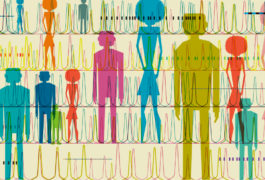
How to best use a large volume of data to discover new genetic risk factors for autism is a matter of intense debate, particularly in light of historical challenges.
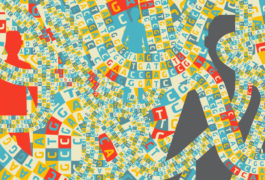
Autism researchers should ditch the false dichotomy between common inherited variants and much rarer random mutations.
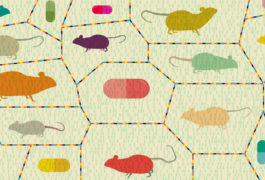
Autism researchers’ top priority should be shifting their focus to finding treatments for severe forms of the condition.
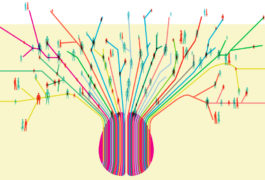
Families need more support from researchers in order for their heroic efforts to be optimally effective.
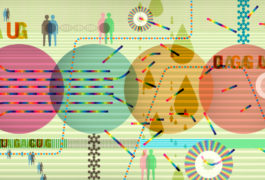
Where do we stand in our understanding of autism genetics — and what major questions remain? A molecular biologist supplies answers in stanzas.

Children with autism inherit a greater burden of common genetic variants associated with autism than would be expected by chance. These variants combine with rare, spontaneous mutations to boost autism risk.
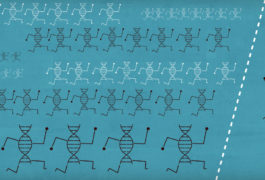
Whether a gene should be considered a ‘novel candidate’ for autism depends not just on whether it’s been linked to the condition before, but on the strength of that link.

Most adults with genetic variants tied to certain conditions, such as heart disease or cancer, go undiagnosed.
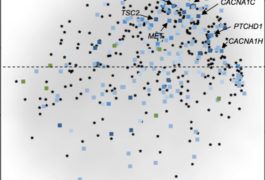
A new approach ranks genes’ ties to autism based on their expression patterns in different types of brain cells.
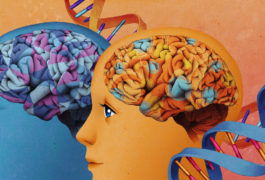
Our picks for the top 10 papers of the year highlight leaps in our understanding of autism, as well as lingering gaps.